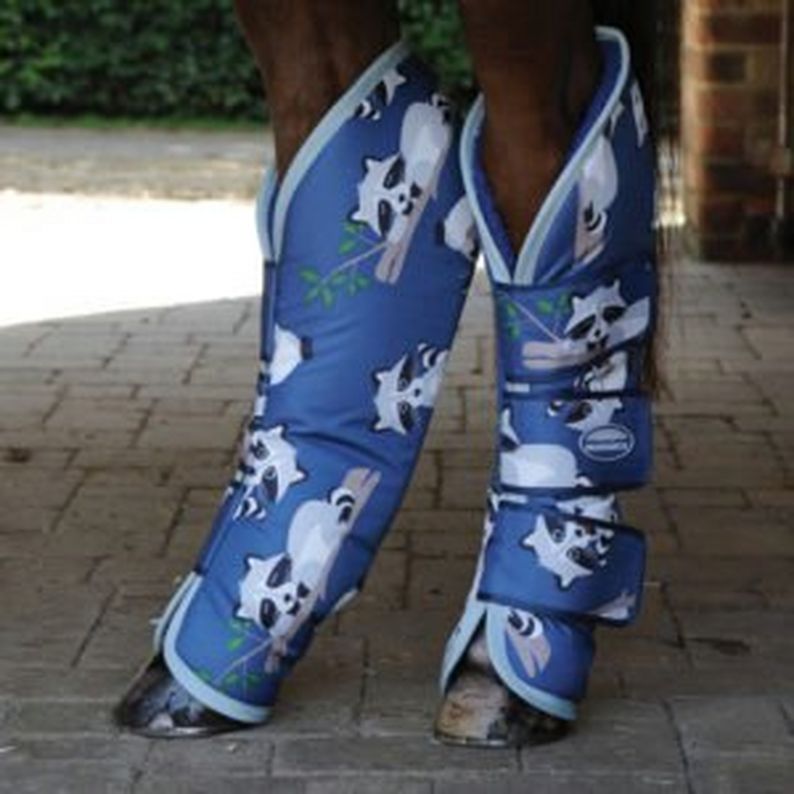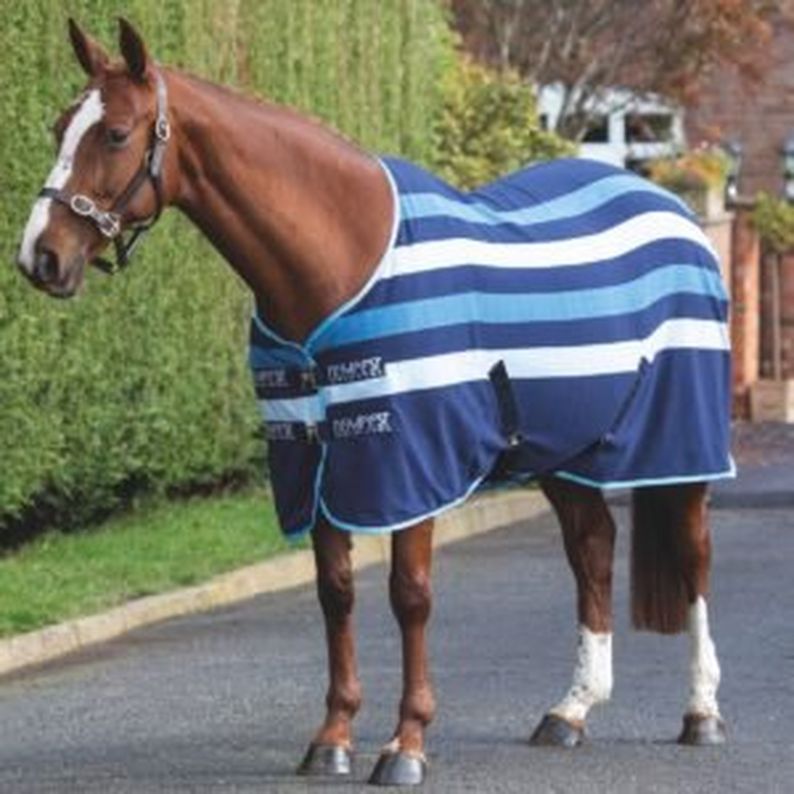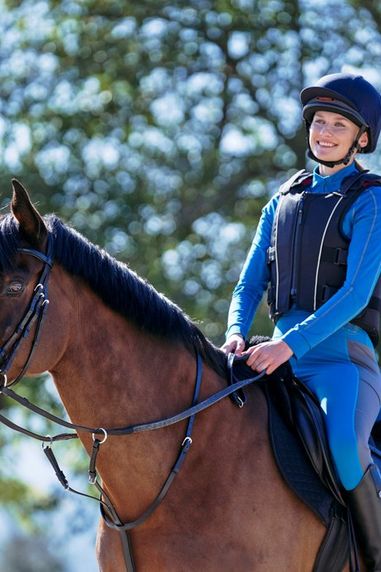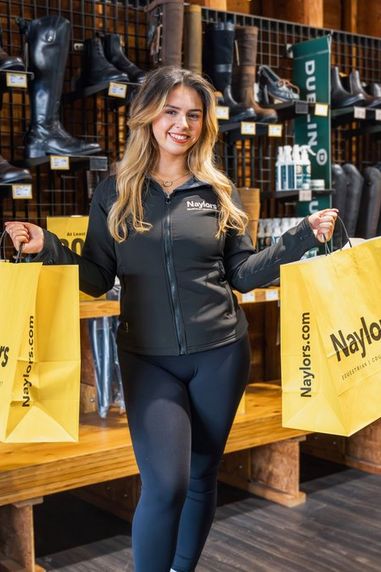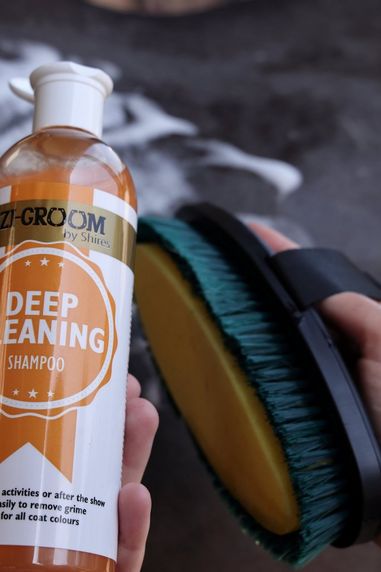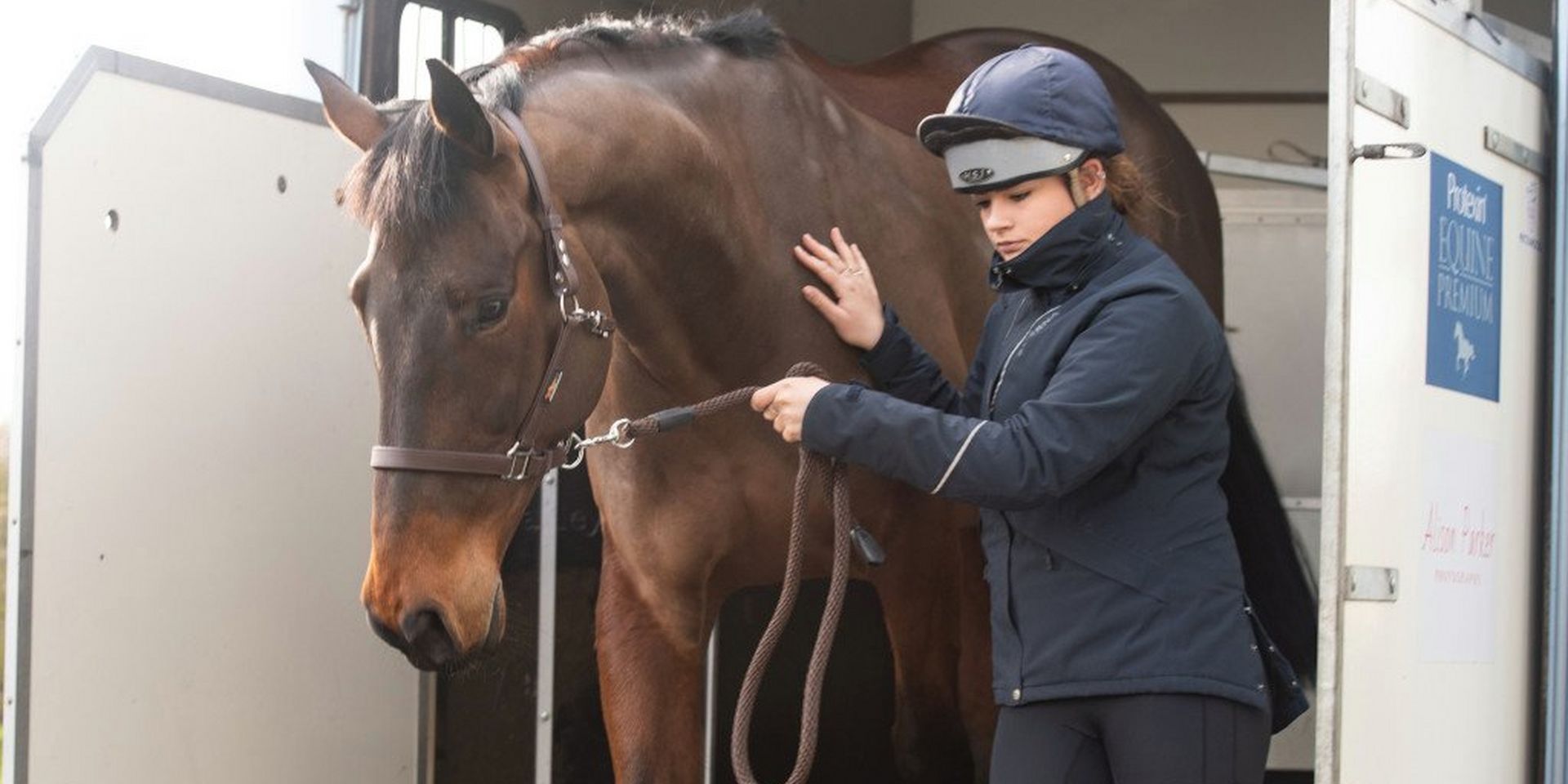
We all love a good day out with our horses, right? If you’re here, there’s a good chance you already know that the rules around towing a trailer will soon be changing. So, the bigger question is, what do the changes mean for you? If you passed your driving test after 1st January 1997, keep reading to find out.
What You Need To Know About Towing
As part of a move to tackle HGV driver shortages from Autumn 2021 you’ll no longer be required to take a test before towing a trailer up to 3,500kg MAM (the weight of a vehicle or trailer including the maximum load that can be carried safely when it’s being used on the road). Once the law has officially changed the DVLA will update your driving licence record. This will happen automatically, so there’s no need to contact them.
When Will The Changes Happen
Officially, the date for these changes has not yet been confirmed. However, if you plan on making use of them be sure to sign up for email alerts to be the first to know when they'll happen. Don't be tempted to jump the gun - You can be fined up to £1,000, be banned from driving and get up to 6 penalty points on your driving licence if you break the current law. If you wish to practice before the changes come into place, be sure to have L plates displayed and be accompanied by a category BE qualified driver, who is at least 21 years old.
Our Top Towing Tips
1. Lessons
Lessons aren’t all about passing a test! Helping to develop your confidence and skills, we’d always recommend getting some lessons before you head out on the road! After-all, towing a trailer can be daunting, even without your horse on board! Designed to make sure you’re all clued up and prepared for any challenges you may face, lessons will ensure that you:
- Have the correct licence to drive the combination of vehicle and trailer.
- Know how to check that your trailer is suitable and legal for use on the road.
- Are aware of any speed and motorway lane use restrictions.
- Are insured to drive the combination of vehicle and trailer.
- Have a vehicle that is capable of towing the trailer and understand the manufacturers recommendations.
- Know how to find the ‘nose weight’ and how to check that this is safe for your cars tow bar.
- Can safely and correctly couple a trailer to a vehicle.
- Know how to carry out the correct safety checks.
- Know how to brake, slow down and stop.
- Are aware of any additional blind spots and how to use additional mirrors.
- Are able to overtake safely.
- Understand how to make allowances for the extra length of the vehicle with the trailer, particularly when turning or emerging at junctions.
- Can safely and correctly uncouple the trailer from the vehicle when it’s no longer needed.
- Are able to reverse the vehicle and manoeuvre with the trailer attached.
- Understand how the trailer may affect the handling of your vehicle.
2. Insurance
Unlike horseboxes, getting insurance on your trailer is not a legal requirement. But, that's not to say it's not a good idea to have it. Before you go taking out a policy, check your car insurance. This may be of some help, but usually only offers third party cover. Consequently, it can be wise to look for a more comprehensive policy, this may help with the repair or replacement costs in the event of a road accident, fire or theft.
Be warned, even a fully comprehensive policy will not cover your horse. So, you’ll need to make sure you have suitable insurance in place for your four legged friend too!
3. Checks
We've all heard horror stories about poorly maintained trailers and horseboxes, right? The fact is, it's really important to carryout regular checks to ensure they're safe for both you and your equine companion. So, take a look at what you should be inspecting!
Horse Trailer Checks
Floors
Metal and wooden floors are both prone to decay. It's a good idea to regularly remove any bedding and the rubber matting, allowing you to thoroughly clean and check the condition of what's underneath.
Ramps and Doors
Often overlooked, ramps and doors are there not only for loading and access but to keep your horse safe and secure! If you've noticed the catches are tricky or the hinges are stiff, these are sure-fire signs that something's not quite right. As with the floors, ramps should regularly be checked for any 'spongy' areas or signs of visible damage that may impair their ability to support your horses weight.
Ventilation
It's really important that our horses are kept cool and comfortable while traveling. To ensure this, all windows and vents should be regularly opened, cleaned and checked for damage.
Partitions
To keep your horse safe during transit always ensure that the partition and breast bars are securely pinned in place with no potential to cause injury.
Towing Checks
While that covers the specifics of horse trailers, there's also a few basic checks that you must complete whenever you tow. Before you set off, always ask yourself...
- Are you properly coupled?
- Is the breakaway cable properly attached? This is a legal requirement, activating the trailer brakes if it becomes detached.
- Is your electricity plug/pin connected and do all of your lights/signals work properly?
- Are the reflectors present and correct?
- Are your tyres properly inflated, with a tread depth of at least 1.6mm?
- Does your trailer display the same number plate as your car?
- Are the mudguards secure and undamaged?
- Is your exterior spare wheel secure?
- Is the jockey wheel secure and functioning properly?
- Do you require towing mirrors for an adequate rear view?
4. Essentials
Traveling light is one thing, but never get caught unprepared! Whether you're off for a day out, taking your horse to the vets or attending a show, there's some things you should always have:
Passport
It is a legal requirement that passports are kept with horses while they're in transit. We'd recommend keeping it in the glove compartment for easy access!
First Aid
Be prepared for any possibility. Ensure your car has a human first aid kit, and your trailer contains one for your horse. We hope that you'll never need them, but it's better to have them just in case.
Food & Drink
Unfortunately, sometimes things go wrong! Whether you're vehicle breaks down, you fall ill or there's a traffic jam, it's better to be prepared. We'd suggest always taking something to eat and drink for yourself and your horse.
Hi-Vis
Hi-Vis isn't just for hacking! If your car breaks down, you may need to stand beside it while you wait for assistance. So, it's best to have a hi-vis tabard and some lights to hand.
5. Speed & Lanes
As always, speed limits are in place to keep ourselves and other road users safe. Towing can make our cars more difficult to handle and increase the risk of snaking. Because of this, there are additional restrictions in place. Vehicles with a trailer up to 7.5 tonnes are limited to:
- Built Up Areas: 30mph / 48 km/h
- Single Carriage-ways: 50mph / 80 km/h
- Dual Carriage-ways: 60mph / 96 km/h
- Motorways: 60mph / 96 km/h
When towing a trailer on a motorway that has three or more lanes open for use you are not permitted to use the righthand lane (offside).
6. Reversing When Towing
As if trying to park at the supermarket isn't embarrassing enough, imagine trying to reverse your trailer! It's a thought awful enough to put off even the most experienced drivers but with a little practice, it gets easier! Take a look at how it should be done...
Source: Horse & Hound - How to reverse a horse trailer [VIDEO GUIDE] - Horse & Hound (horseandhound.co.uk)
Don't forget...
This article serves as a guideline only. Please refer to the www.gov.uk website for further information and to check your individual circumstances.
